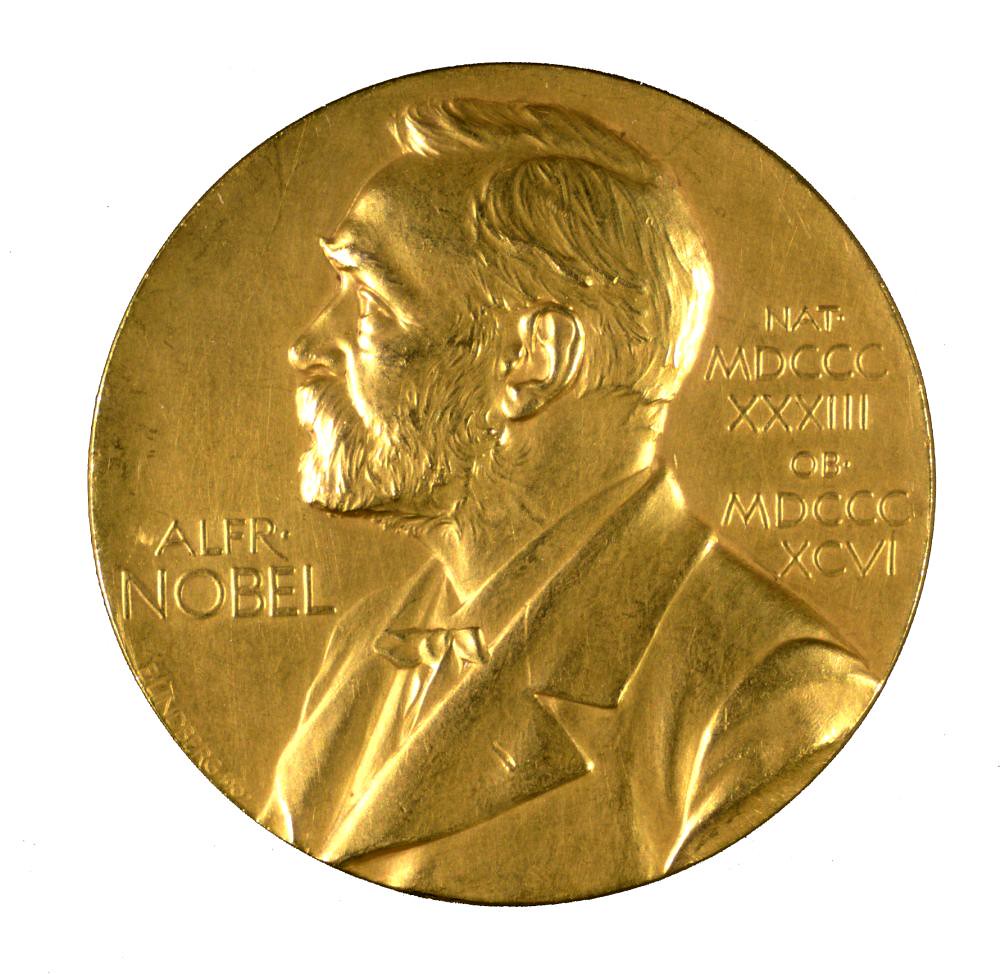The relevance of the Nobel Prize and what it truly reflects about scientific research has been questioned, and sentiment among many has shifted to a more critical view of the prize. This is a result of multiple things such as a failure of diversity, a sacrifice of encouraging cooperation to idealise individuals, and also a hierarchical and elitist valuation of sciences.
The glaring issue lies in the history of Nobel laureates. Only 3% have been women and no prizes have been awarded to black scientists. This is in the entirety of the 119 years since the prize was first created. It is a failure resulting from systematic racism and sexism existing in institutions like schools and universities.
However, it has also been a failure on behalf of Nobel prize committees, exhibiting inherent bias. Multiple cases of African Americans being overlooked in favour of their white peers are evident, one example of which is Herman R Branson, a black American physicist and chemist. In 1948, Branson worked on the spiral double-helix structure of proteins, specifically introducing alpha and gamma helices, at Caltech (The California Institute of Technology) alongside Linus Pauling, one of the leading scientists of the time. This was an integral component of our current understanding of protein structures. When first proposing alpha and gamma helices to Pauling, Branson was shut down, with Pauling’s reasoning being that the geometry meant water molecules could not fit through the helices. In 1950, Pauling acknowledged Branson’s work and verified it to be the case. A year later, a paper published where Branson was credited as a coauthor, was the beginning of what led to a Nobel Prize win in 1954 for Pauling.
The rules of the Nobel prize outline that a Nobel cannot be awarded to more than three people, even though this would mean that both Branson and Pauling, as well as Robert Carey who was also credited, could have been awarded the prize. The lack of recognition for Branson highlights the systemic racist values that enable white people to co-opt black people’s success.
The tendency to indulge in individuals rather than celebrating the cooperation behind large scientific discoveries is a pitfall of the Nobel Prize, which is also highlighted here. Alice Ball was the first Black chemistry professor at the University of Hawaii and discovered how to make the medicine injectable, by transforming chaulmoogra oil into fatty acids and ethyl esters. This was efficient in medicating many bacterial diseases, including leprosy. Her untimely death meant her work was left to the head of her department, Arthur Dean, who published her work under his name, renaming it ‘Dean’s Method’. Dean published details of the work and the findings without acknowledging Ball as the originator or crediting her work. Dean was made research director of the University of Hawaii.
These examples are only the tip of the iceberg, and it should be recognised that systematic racism directly impacts the Nobel Prize today too. It is still an elitist, homogenous group institution which requires a remedy.
This is not an article to discredit winners past or present, but to highlight that any award scheme which is designed to reward people already existing in a systematically prejudiced institution, will fail to recognize those who are oppressed by the system. There is a clear need for change.
“Nobel Prize medal inscribed to F. G. Banting” by Thomas Fisher Rare Book Library, UofT is licensed under CC BY 2.0.

